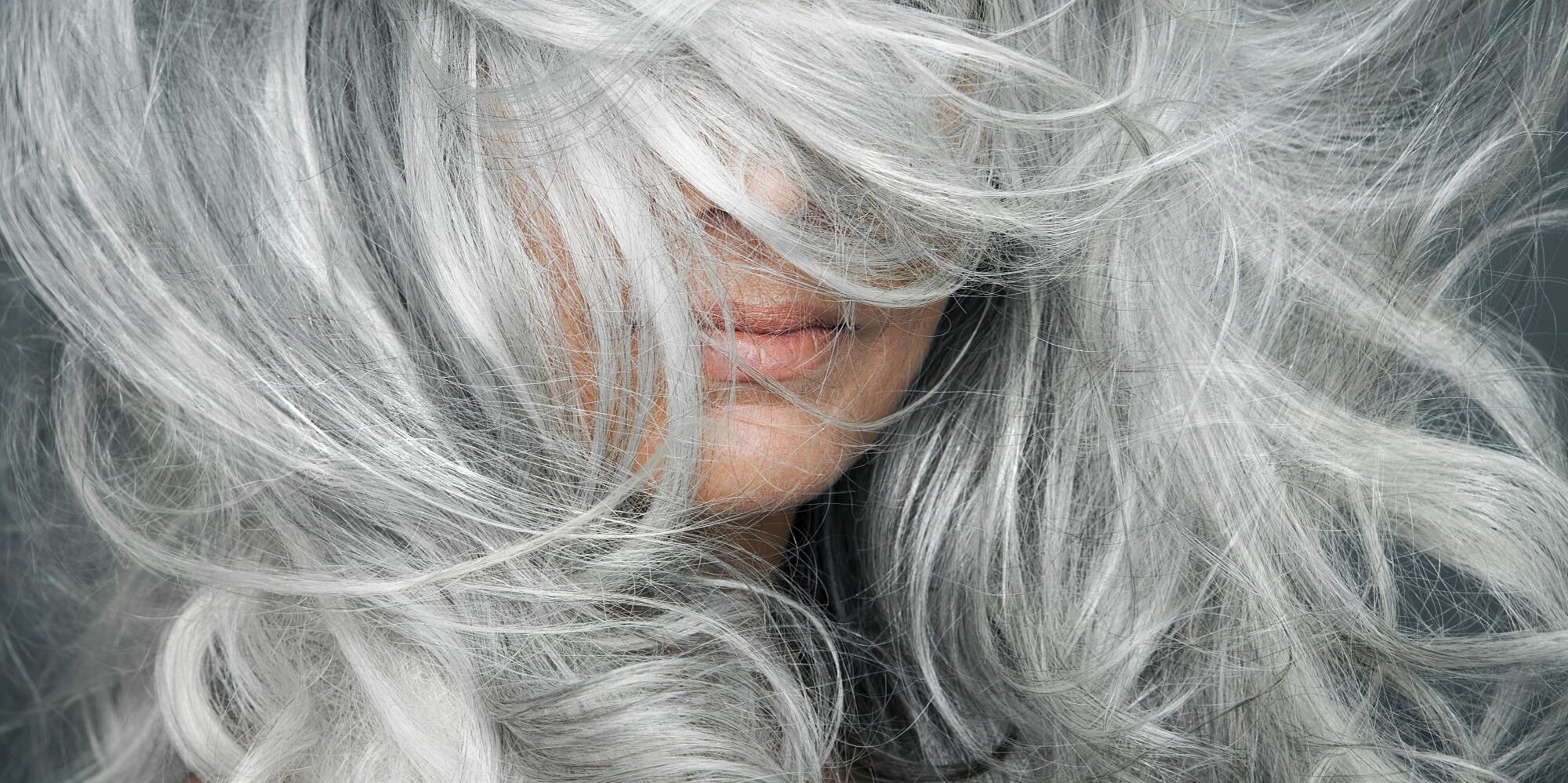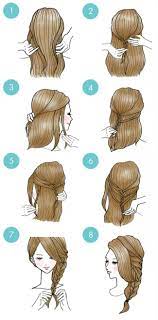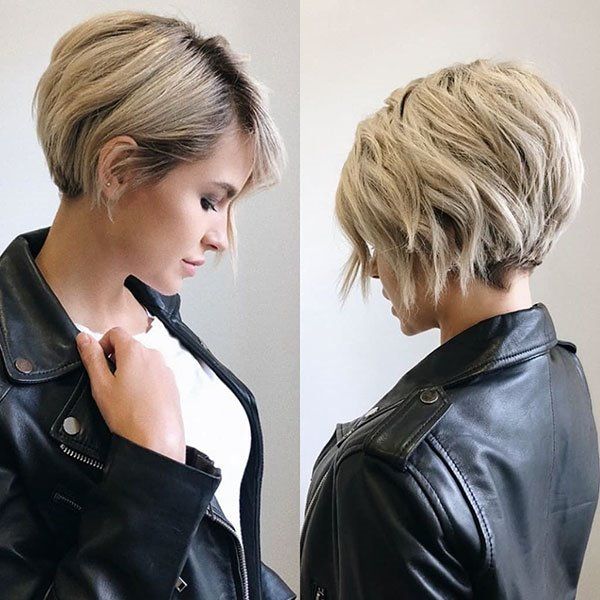
Dreams and Aging:
Dreams with white hair are often considered an omen of an enjoyable life. Dreaming of growing white locks usually indicates this. Graying hair is an inevitable part of aging; this occurs as your hair follicles shed their pigment cells (melanin). However, early graying may indicate a medical condition or poor lifestyle choices.
Preventing Premature White Hair:
To reduce premature white hair, eating foods rich in antioxidants to lower oxidative stress and taking vitamin B-12 and D supplements is a good idea.
Wisdom and Honor:
White hair is seen as an essential sign of honor by both Judaism and Christianity, with both religions teaching us to respect older individuals, acknowledge their experiences, and appreciate what they bring to society. However, other passages do not link white hair with wisdom in the Bible.
Sign of Beauty:
White hair can be a symbol of beauty when combined with an overall great complexion and youthful features. Styling it properly is critical – choosing colors complimenting your skin tones, such as excellent reds or blues, is ideal if your face features pink undertones.
Sign of Death:
If you are in your early 20s and starting to notice white hairs, you might panic and think this is an omen of mortality. But that isn’t true! White hair is part of the natural aging process but sometimes can appear suddenly (inexplicably). This condition is known as Marie Antoinette syndrome or “canities subita.”
Factors and Conditions:
Genes are essential in whether someone develops white hair at an early age. Environmental damage, oxidative stress, and vitamin deficiencies may also affect its development. Vitiligo and alopecia areata are potential triggers that can lead to hair loss and contribute to the development of white hair.
Taking Care of Your Hair:
To slow aging and keep your locks looking their best, follow a healthy diet and use natural products regularly to keep your scalp and roots healthy. Avoid shampoos that contain harsh chemicals that can cause white or gray hairs. Also, avoid bleaching products and overwashing your locks to preserve a youthful complexion.
Getting a Diagnosis:
There’s no one-size-fits-all test for diagnosing white hair or related conditions. Your physician will ask about any recent changes to your diet or lifestyle and look for signs of illness or allergies in your blood. They may run other tests to confirm an autoimmune disease diagnosis.

